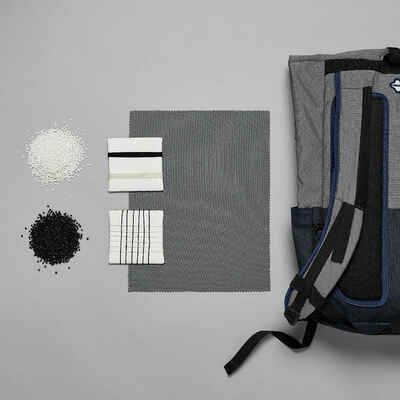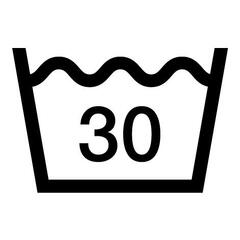Women’s Warm Cross-Country Ski Gilet XC S Gilet 100
Store Availability
Store availability
Ecodesign approach
With ecodesign, we reduce the environmental impact of our products.
Analysing the product's environmental footprint enabled us to identify the most impactful stages of its life cycle. Thanks to this approach, our design teams were able to develop this product while significantly reducing its environmental impact.
Ecodesign actions on this product
-
 Process
ProcessBiton
40% of the fabric color is made by dyeing only one yarn out of two
Dyeing textiles requires the use of lots of water, whilst also generating water waste from dyeing vats. To reduce this environmental impact, we use just one dyed mass-coloured thread out of two out, subsequently reducing our consumption of water and our impact on it.
-
 Material
MaterialRecycled polyamide
Textile part made of 50% recycled polyamide
This product is made with recycled polyamide (instead of conventional polyamide). Objective: to use a recovered material, transformed from production scraps or products destined to be thrown away, rather than using new oil resources to reduce the environmental impact of this product. And this, without compromising the technical qualities!
-
 Material
MaterialRecycled polyester
Textile part made of 10% recycled polyester
We have incorporated recycled polyester into this product (instead of conventional polyester, which is itself derived from petrochemical plastic). What does this mean? In addition to being technical, this product has been designed taking into account its environmental impact: using recycled polyester means recovering and transforming products destined to be thrown away, such as production offcuts or plastic bottles, instead of using new oil resources.




